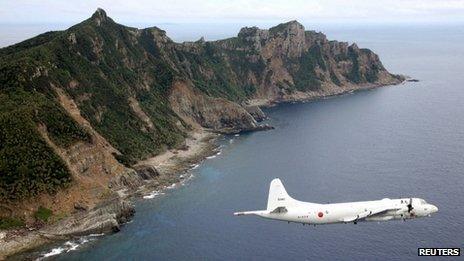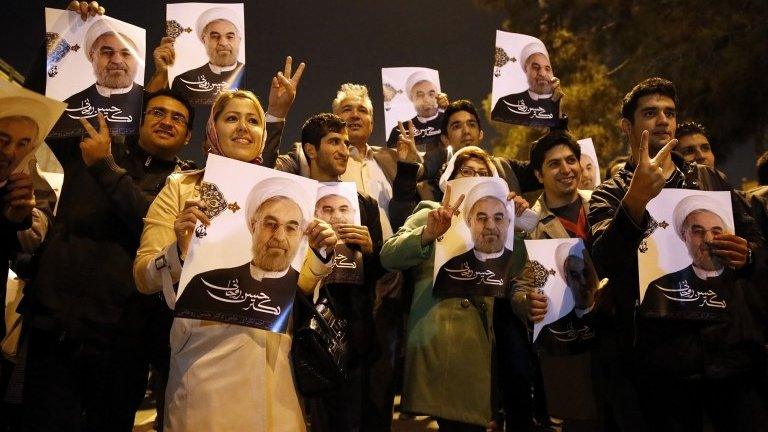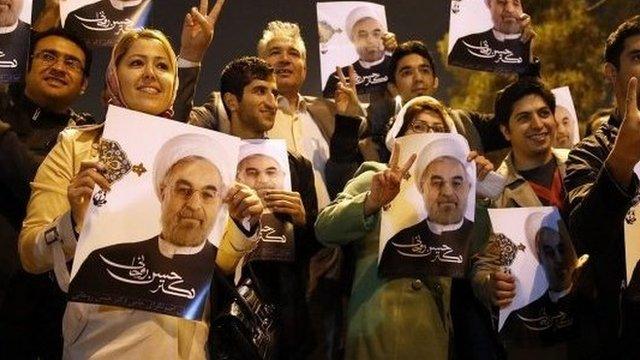China and US play dangerous game in East China seas
- Published

The air zone covers a group of disputed islands controlled by Japan
A dangerous game is going on, external in the East China seas as the world's two great powers test each other's resolve.
The US has challenged China by flying two (unarmed) bombers, external straight through into a sensitive zone. China has newly declared the area an Air Defence Identification Zone - not a no fly zone. But it means they are exerting their authority over the area and want all flights declared. Otherwise aircraft could be challenged.
It seems for the moment the Chinese, who claim the zone is aimed at reducing tension, external, have backed down, merely saying that they monitored the flights.
The big picture is that China is trying to assert its authority over a range of islands and the sea round them - the Chinese call it "the nine dash line", external but the Korean term "the ox tongue" more graphically describes the way the area sticks out from the Chinese mainland.
Some think it is all about oil. Maybe. More likely it is about China's fears of being hemmed in by America and its allies, external. It is a "breakout" zone. This newly-declared airspace is part of that bigger clash because it covers the islands disputed with Japan.
You don't have to talk about this for long with experts before they start warning of historical flashpoints, external and how studies of small clashes show they can quickly escalate into big, stupid conflicts that no-one really wants.
That it the danger of this latest tussle.
Although the US actions look provocative, it may be that they will help avoid conflict, as James Fallows points out in his excellent article., external
The flights are saying to the Japanese, "Don't overreact, we've got your back."
This is perhaps an optimistic reading of what it is going on.
China is tentatively, unsurely extending its military and diplomatic reach to match its economic power, but it is doing it in a rather ham-fisted way, almost designed to appeal to nationalists at home, and apparently regardless of offending its neighbours.
America's foreign policy often is not very smart either. But it is startling how few real friends China has.
Here the US is behaving in exactly the way that makes it a reassuring presence to Asian allies.
China is behaving in a way that alarms the same nations, and hardly serves its purpose, beyond declaring that it is more militant than in the past.
You could say that this makes a nonsense of the much-vaunted "new type of relationship", external, including senior military ties, between China and the US. You could also say it is exactly why it is vital for all of us.
- Published25 November 2013
- Published25 November 2013

- Published25 November 2013

- Published20 January 2014
- Published24 November 2013